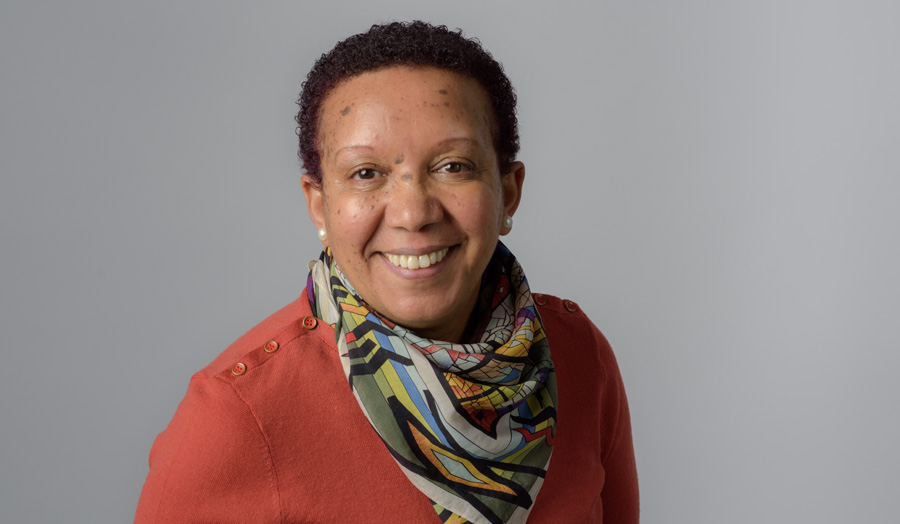Berhane Dorey, an Early Years PGCE lecturer, speaks with Marina English as part of our In Conversation With series.
Marina English from our Outreach department caught up with Berhane Dorey to find out more about our Early Years PGCE course and what makes it so unique!
Can you tell us a bit about Early Childhood Studies and some of the topics that are covered?
Early Childhood Studies is a three year course. And within three years, there are so many fantastic topics that we will explore. Students really have to have a very sound understanding of child development. But child development in the wider perspectives, where students really have to start looking at the socio-cultural and economical context of children's development.
There is a module that will really talk about gender and children as human beings. What do we mean by being? And also children's safety, current legislation and regulations. In the second year modules there will be more about approaches to pedagogy. Basically it approaches how to support and nurture children.
And then we have a module about children's rights because it's very current, it's very important. And we have another module which is important: creative thinking and representation. Creativity is about art, music and drama, but creative thinking and the representation module really is beyond that because how does it start? There are different contributors and theories to really help us to understand how children represent their views, their feelings, their ideas about the world.
And then we have a module that talks about challenging inequality, because I think especially now across the world, it's current because there is a lot of inequality, regardless of who you are, where you come from, and so on.
It's a nice profession. Rewarding and challenging at the same time, fun because it always takes you back to when you were a child, if you are a reflective person.
Can you tell us more about the foundation degree?
The foundation year is for students who want to take four years to study. For example, we have students who have been out of study for many, many years and they have been practitioners and everything and they really don't feel comfortable doing the three year course. They really want to be really slow to warm up so that when they come to the first year of any type of study course, they feel comfortable and happy.
We also have students who can do four years because some of them might not have the UCAS points. So they have to meet the entry requirements to do the three year course. Therefore by studying one year they will have even more credits.
There’s also the accelerated degree course, which is a course that finishes in two years. So it's intense. There's no leeway. You just have to work and you have to be a very disciplined person.
Are there placements on the course?
Yes, placements really are the central focus of the course. Students can do placements and get the practitioner or graduate practitioner status, but this depends on what level 3 qualifications they have. The placement is assessed because that's why we put next to them the grade classification and graduate practitioner status or practitioner status.

